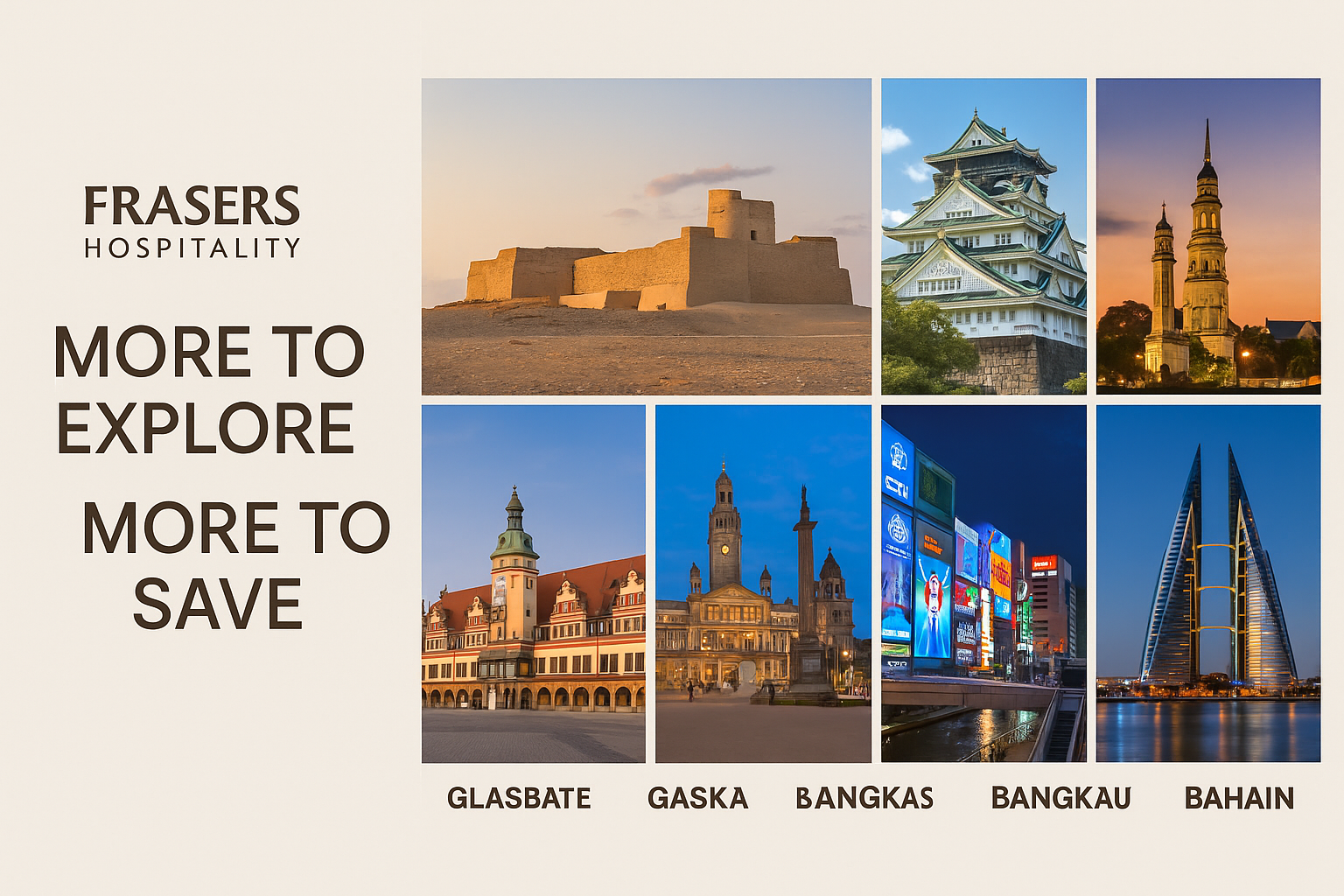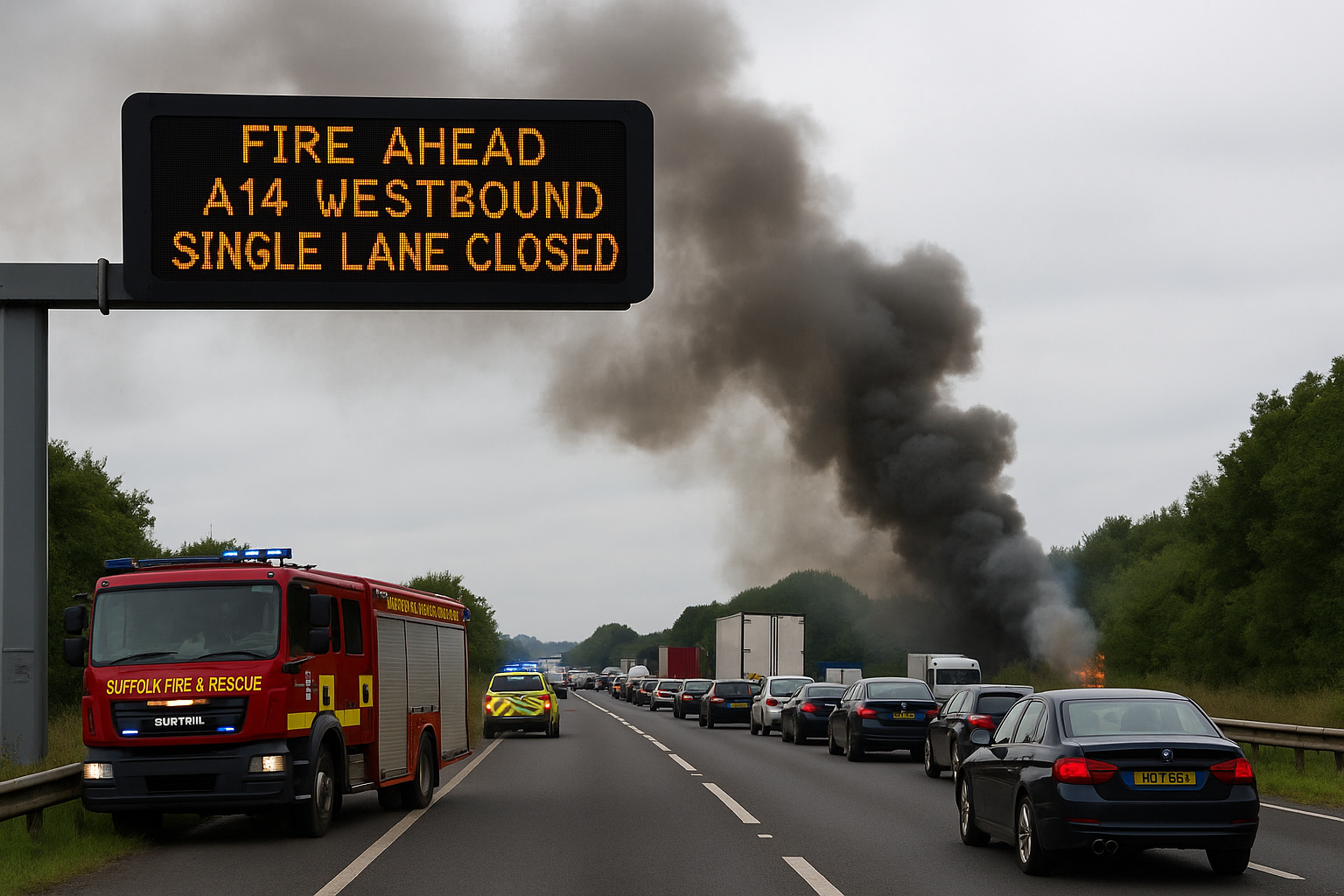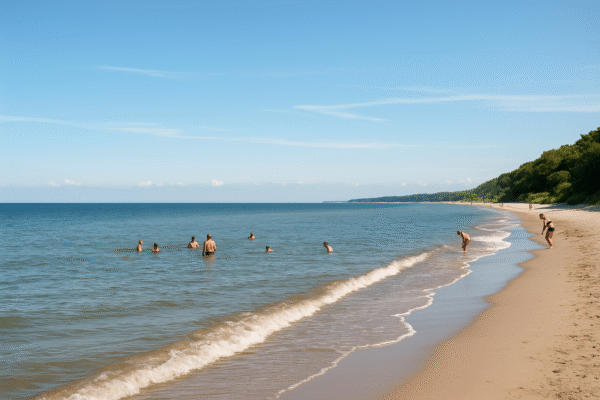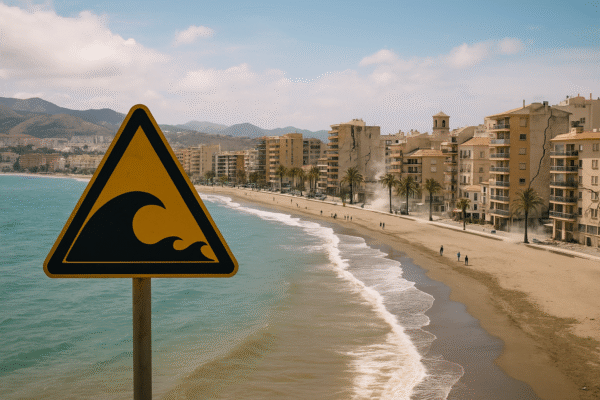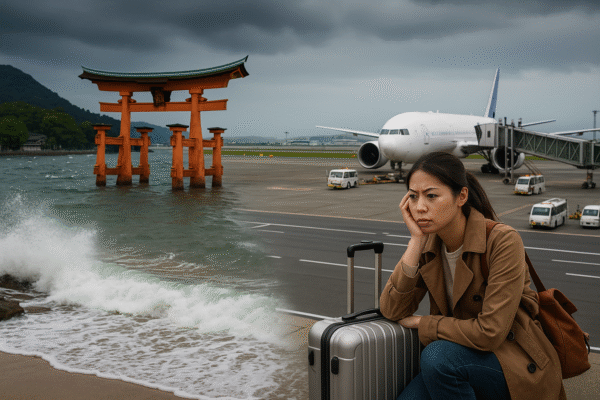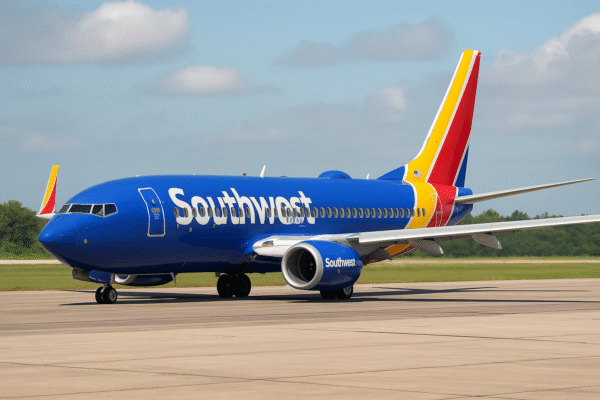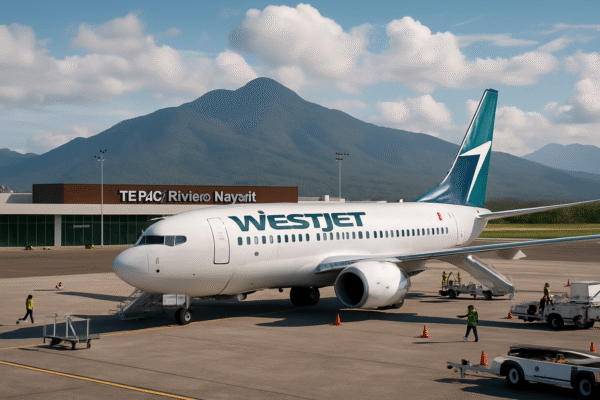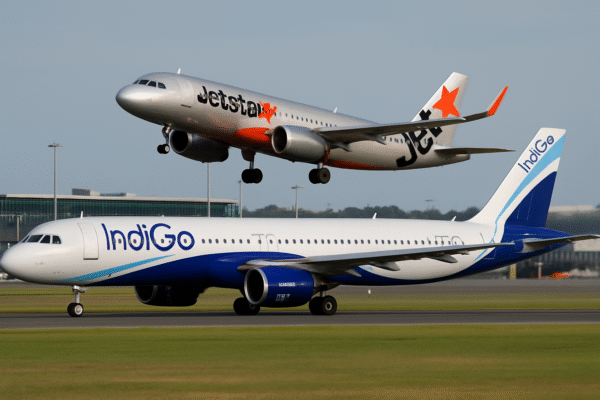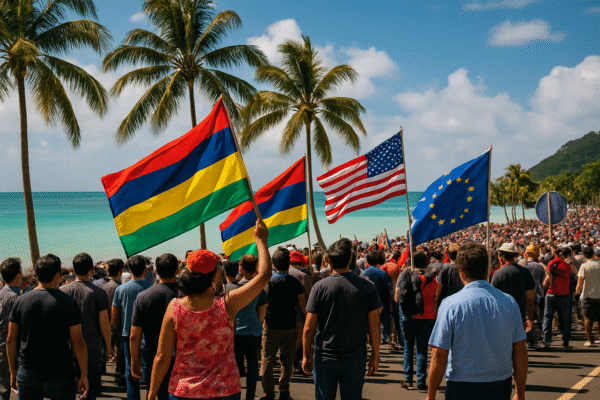In a significant update to its global travel advisory, the Government of Canada has added Mauritius to a growing list of international destinations where travelers are urged to exercise increased awareness due to public demonstrations, evolving security situations, and the risk of petty crime. This shift signals a broader global trend, as even historically safe and serene tourist havens are now being reevaluated under a new lens of modern travel risks.
Mauritius, long celebrated for its turquoise lagoons, luxurious resorts, and tranquil beaches, now joins a diverse roster of countries on Canada’s updated cautionary list. Others include the United States, Japan, Greece, Finland, Poland, Switzerland, Australia, Taiwan, and Norway. While many advisories remain at the “normal precautions” level, Canadian authorities are emphasizing vigilance as local conditions can shift rapidly, particularly amid political unrest or public protests.
Why Mauritius Was Added
According to Global Affairs Canada, travelers visiting Mauritius should now maintain heightened situational awareness, especially in urban and tourist-heavy areas such as Port Louis, Grand-Baie, and Flic-en-Flac. While the island remains relatively safe overall, petty crimes like pickpocketing, bag snatching, and occasional hotel thefts have prompted a closer look.
The advisory underscores the potential for civil disturbances, warning that even rare protests in Mauritius could disrupt public services or create unsafe situations for foreign visitors. Travelers are encouraged to avoid demonstrations, monitor local media, and follow instructions from local authorities — particularly at night and in less populated areas.
Global Destinations Facing Similar Warnings
United States: Canada’s advisory notes frequent large-scale public protests, especially in urban centers, as well as concerns over gun-related incidents and civil disorder. Tourists are advised to exercise caution, especially during major public events or when near border regions with Mexico, where crime rates can be significantly higher.
Japan: Although crime rates remain among the lowest globally, visitors to Japan are reminded to be alert for petty theft and fraud, particularly on busy transportation lines and in nightlife districts. While protests are rare and mostly peaceful, they may still cause localized disruptions.
Greece: Canada’s warning highlights ongoing political demonstrations, especially in Athens and Thessaloniki, often linked to labor strikes or university movements. These events can rapidly escalate and interfere with transportation networks.
Finland and Norway: Both Nordic nations maintain relatively high safety standards, but they are included due to a broader European alert over terrorist threats and sporadic public demonstrations. Petty crime such as pickpocketing in tourist zones like Helsinki Central Station or Oslo’s main attractions remains a minor concern.
Poland: Tensions have risen due to the country’s proximity to the Ukraine conflict. While Poland is not currently a conflict zone, increased border activity, political marches, and regional demonstrations have prompted caution.
Switzerland: Despite its reputation for order and neutrality, Switzerland has experienced a rise in cybercrime and online travel scams. Authorities recommend travelers use secure Wi-Fi, avoid romance scams, and remain alert in public spaces such as train stations in Zurich and Geneva.
Australia: Low levels of violent crime exist, but instances of car break-ins, hotel theft, and occasional protests in major cities like Sydney and Melbourne have placed the country under a standard cautionary advisory. The Canadian government also warns against fake online accommodation listings that have targeted unsuspecting international tourists.
Taiwan: The East Asian destination remains generally safe, though recent credit card scams and public demonstrations — often related to geopolitical tensions — justify a note of caution.
Broader Implications for Global Tourism
The inclusion of these countries in Canada’s updated advisory illustrates the shifting landscape of international travel, where no destination is entirely exempt from the ripple effects of political tensions, social unrest, and digital crime. For tourism authorities, it reflects the growing challenge of maintaining safety while continuing to attract international visitors.
In the case of Mauritius, which recently launched campaigns to boost arrivals from Asia and Europe, the advisory is a reminder that safety perceptions can influence travel decisions just as much as beauty, culture, or hospitality. The country’s tourism board has yet to respond formally, but stakeholders are likely to increase local safety messaging and enhance visitor reassurance measures.
Meanwhile, Canadian officials urge all travelers — regardless of destination — to register with the Registration of Canadians Abroad (ROCA) program, maintain copies of essential documents, and stay informed through reliable local and international news sources.
Advice for Travelers in 2025
As the global travel environment becomes more unpredictable, tourists are advised to:
- Avoid large public gatherings or demonstrations.
- Use secured transportation and verified accommodation providers.
- Keep valuables locked and minimize displays of wealth.
- Monitor official travel advisories and local media updates.
- Exercise increased caution at night and in unfamiliar areas.
Despite these advisories, millions of travelers continue to explore the world safely each year. The key is preparedness — understanding local conditions, recognizing potential risks, and knowing when and where to seek help if needed.
Canada’s July 2025 update serves as a timely reminder that while the world remains open, safe travel now requires more active awareness than ever before.
For more travel news like this, keep reading Global Travel Wire

